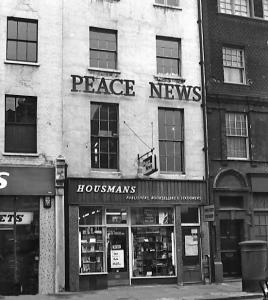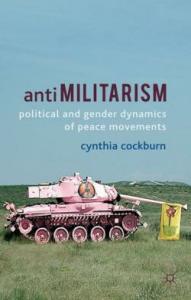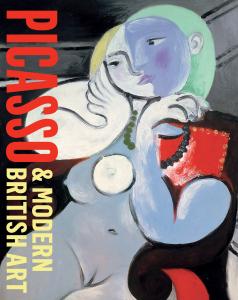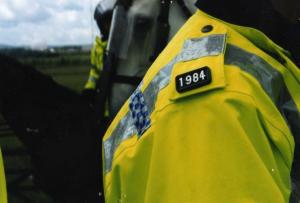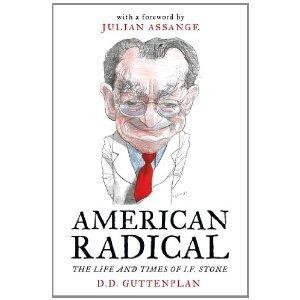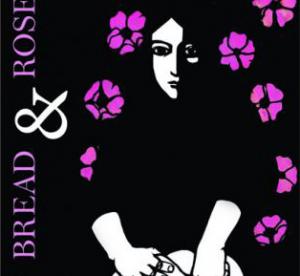[The views of nonviolent revolutionaries towards more “traditional” revolutionary struggles have frequently been discussed in PN. Here, Nigel Young contributes to a then current debate within War Resisters’ International (WRI).]
I hope that we can examine the assumptions that we, as war resisters, have brought to bear when we have adopted positions in relationship to ‘military modes of liberation’...
The fact that a ‘new system of oppression exists in embryo in violent…


